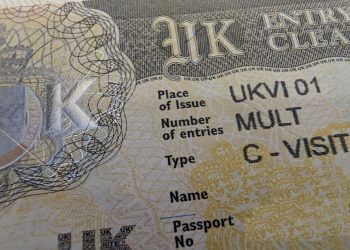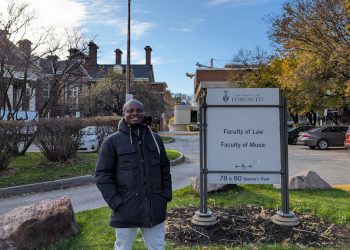Canada’s Provincial Nominee Program (PNP) has been shown to have significant differences in the average earnings of newcomers in different provinces according to a report by Statistics Canada. The report reveals that newcomers who enter Canada through the PNP may earn more if they settle in Canada’s three most populous provinces.
As of 2020, the highest annual earnings for PNP candidates within one or two years after landing were noted in Ontario ($59,600), Alberta ($54,200), and British Columbia ($58,100). Conversely, the lowest earnings for PNP candidates were recorded in Atlantic Canada, Manitoba, and Saskatchewan. The report attributes these differences to the local unemployment rate and the background characteristics of PNP principal applicants.
Notably, the express entry application management system has seen significant changes in the earnings of economic immigrants. Immigrants who arrive in Canada through an Express Entry program require an Educational Credential Assessment for any foreign education, formal language tests to meet minimum official language requirements, and obtain high scores for other human capital factors within the Comprehensive Ranking System (CRS). The report found that CRS scores were higher among Federal Skilled Worker Program (FSWP) and Canadian Experience Class (CEC) candidates than PNP candidates.
The Provincial Nominee Program (PNP) is an economic immigration pathway to permanent residence that is run, in part, by Canada’s provincial governments. The PNP allows provincial governments to select immigration candidates who are best suited to local labour force needs by having in-demand human capital attributes. IRCC sets PNP immigration targets for each year in the annually released Immigration Levels Plan.
Overall, the report highlights the impact of immigration pathways, local economic conditions, and other factors on the earnings of newcomers in Canada, shedding light on the differences among provinces in the average earnings of provincial nominees. Travelers considering immigration to Canada can benefit from understanding these nuances and factors that impact the settlement and employment opportunities in different provinces.
Still have some travel questions? Ask in our Travel WhatsApp Group.








